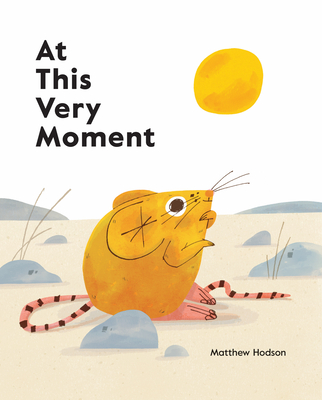
description
nked stories, Linda LeGarde Grover portrays an Ojibwe community struggling to follow traditional ways of life in the face of a relentlessly changing world. In the title story an aunt recounts the harsh legacy of Indian boarding schools that tried to break the indigenous culture. In doing so she passes on to her niece the Ojibwe tradition of honoring elders through their stories. In "Refugees Living and Dying in the West End of Duluth," this same niece comes of age in the 1970s against the backdrop of her forcibly dispersed family. A cycle of boarding schools, alcoholism, and violence haunts these stories even as the characters find beauty and solace in their large extended families. With its attention to the Ojibwe language, customs, and history, this unique collection of riveting stories illuminates the very nature of storytelling. The Dance Boots narrates a century's evolution of Native Americans making choices and compromises, often dictated by a white majority, as they try to balance survival, tribal traditions, and obligations to future generations.
member goods
No member items were found under this heading.
Return Policy
All sales are final
Shipping
No special shipping considerations available.
Shipping fees determined at checkout.







